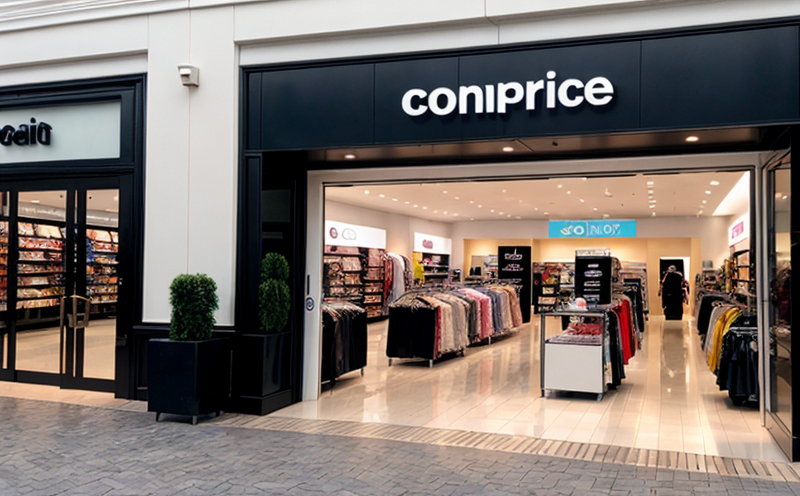Global Retail Standards and Compliance
The retail industry has undergone significant changes over the past few decades, driven by technological advancements, shifting consumer behaviors, and increasing global trade. In this era of interconnectedness, retailers must adhere to a complex array of standards and regulations that govern their operations across international borders. This article delves into the world of global retail standards and compliance, highlighting key requirements, best practices, and strategies for retailers to navigate these complexities.
Overview of Global Retail Standards
Global retail standards encompass a broad range of requirements, including:
Product safety and quality
Labeling and packaging regulations
Intellectual property protection
Data privacy and security
Anti-money laundering (AML) and know-your-customer (KYC)
Customs compliance
These standards are often established by regulatory bodies such as the World Trade Organization (WTO), the International Organization for Standardization (ISO), and national governments. Retailers must ensure they comply with these standards to avoid penalties, reputational damage, and potential financial losses.
Key Standards and Regulations
Here are two detailed sections highlighting specific requirements:
Product Safety and Quality: Understanding the EUs CE Marking Regulation
The European Unions (EU) CE marking regulation is a critical standard for retailers exporting products to the region. This regulation requires manufacturers to assess their products safety and conformity with EU standards, including:
Electromagnetic compatibility
Electrical safety
Emission and exposure limits
Material properties and testing
Retailers must ensure that all products bearing the CE mark comply with these requirements. Failure to do so can result in fines, product recalls, or even withdrawal from the EU market.
Key points to note:
The CE marking is not a quality certification but rather an indication of conformity.
Retailers must maintain records of conformity assessments and testing.
Products may still be subject to national regulations beyond EU standards.
Data Privacy and Security: Complying with the General Data Protection Regulation (GDPR)
The GDPR, implemented in 2018, is a comprehensive data protection regulation governing how businesses handle personal data. Key requirements for retailers include:
Establishing transparent data processing practices
Obtaining explicit consent from customers
Implementing robust security measures to protect sensitive information
Conducting regular data audits and assessments
Retailers must ensure they comply with GDPR requirements, including appointing a Data Protection Officer (DPO) and maintaining detailed records of data processing activities.
QA Section
This section addresses common questions related to global retail standards and compliance:
General Questions
1.
What is the significance of CE marking in the EU?
The CE marking is an essential standard for retailers exporting products to the European Union, ensuring they comply with regional regulations on product safety and quality.
2.
How do I determine which global retail standards apply to my business?
Identify your target markets and relevant regulatory bodies (e.g., WTO, ISO) to ensure youre aware of applicable standards and requirements.
Product Safety and Quality
1.
What are the main components of a product safety assessment?
A comprehensive product safety assessment typically involves:
Hazard identification
Risk assessment
Risk mitigation strategies
Compliance with relevant regulations
2. Can I use third-party testing and certification services for CE marking compliance?
Yes, many retailers utilize third-party services to ensure conformity with EU standards. However, you must maintain records of testing and assessments.
Data Privacy and Security
1. What is the role of a Data Protection Officer (DPO) in GDPR compliance?
A DPO serves as an internal expert on data protection, overseeing data processing activities, monitoring compliance, and advising on best practices.
2. How often should I conduct data audits to ensure GDPR compliance?
Regular data audits are essential for maintaining transparency and accountability. Schedule audits at least annually or when significant changes occur.
Customs Compliance
1. What is the purpose of the Harmonized System (HS) code in international trade?
The HS code facilitates customs clearance by providing a standardized classification system for goods.
2. Can I rely on local suppliers to handle customs compliance for me?
No, retailers are ultimately responsible for ensuring they comply with customs regulations and requirements.
By understanding and adhering to global retail standards and compliance regulations, businesses can avoid costly penalties, maintain their reputation, and thrive in a competitive market.

































